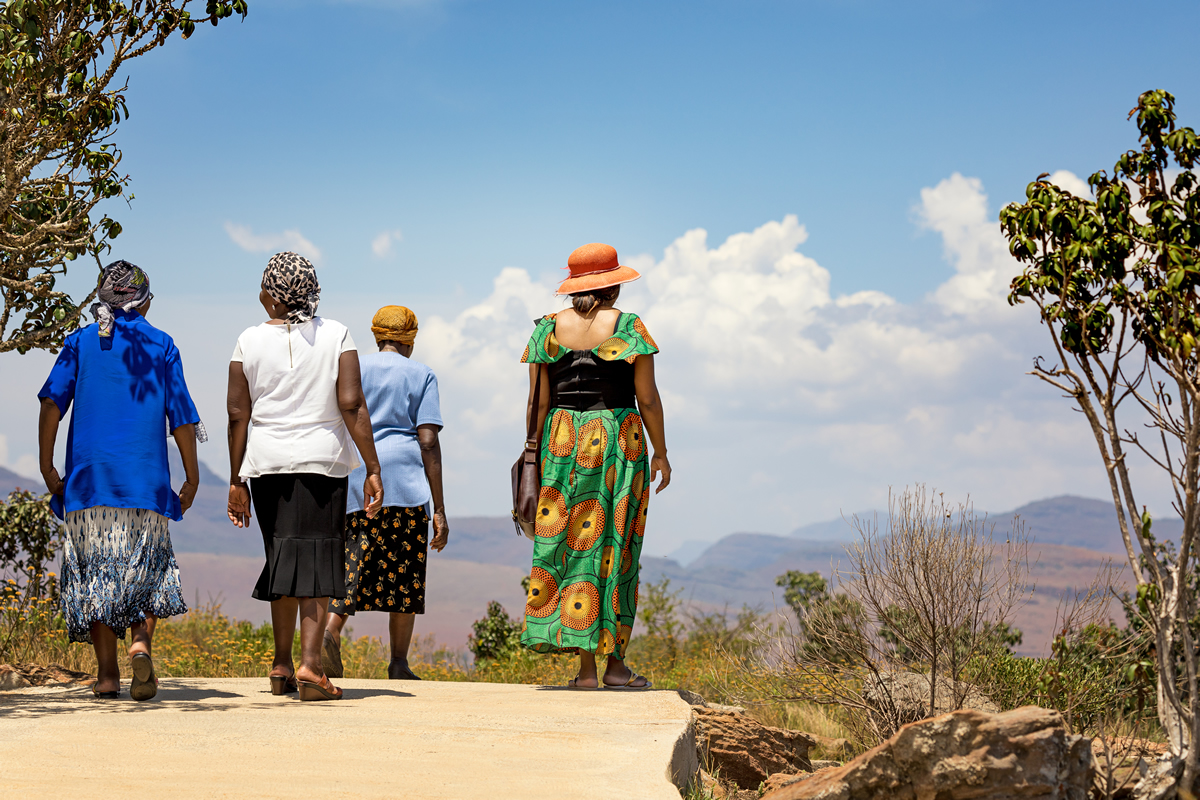The article draws reflections from Alianza's presence at the GIFE Congress in Brazil to discuss truly transformative philanthropy.

It is still common to hear people speak of “philanthropy” in the singular, as if the multiple and diverse practices within the field operated in a unified way. I would go further — using philanthropy in the singular masks an even deeper issue: much of the philanthropic sector today operates in isolation, with little connection to other spheres of society, distant from the concrete realities of territories, and disconnected from the root causes of the systemic crises we face.
The philanthropy we want — and which is already being built by actors from the Global South — must recognize that territory is not just a physical space where funds are applied, but a living organism, constantly changing. To enter a territory is to step into a complex field, where rights, ways of life, knowledge systems, struggles, and aspirations are deeply intertwined. It’s not about “working on issues,” or responding to institutional trends, but about truly listening to what emerges from lived experiences — something that cannot be found in reports, but requires an ethical commitment to listening and care.
A clear example of this disconnect can be seen in the climate and biodiversity agenda. When approached in a technocratic way, detached from a vision of rights and justice, climate action can deepen inequalities, reinforce environmental racism, and perpetuate colonial logics. However, when reoriented through principles of socio-environmental justice, care, buen vivir (living well), and regeneration, it reveals powerful, democratic, and truly effective solutions.
This is why it is urgent for philanthropy to let go of rigid structures that ignore the organic and fluid nature of territories. We need approaches that value flexibility, continuous adaptation, deep listening, transparency, and trust. After all, what may seem like an opportunity can become a burden when there is no care, when communities are overwhelmed, or when processes extract rather than nourish. Injustice is reproduced when philanthropic practices exclude, isolate, or fail to care.
We also know that structural issues do not have quick fixes. That’s why it is essential to invest in long-term processes and relationships of trust that respect the timing of collective construction.
Recently, representatives from Brazilian philanthropic funds gathered in Fortaleza (Brazil) for the GIFE Congress (Group of Institutes, Foundations, and Enterprises) — including Casa Socio-Environmental Fund, Ecos Fund/Institute Society, Population and Nature (ISPN), and FunBEA, all members of Alianza — to discuss what is needed for Brazilian philanthropy to move in this direction. Key recommendations included:
- Understanding and acknowledging the sector’s own contradictions;
- Acting with an intersectional approach and attention to the multiple dimensions of territories;
- Practicing deep listening and moving away from “market-driven” responses;
- Producing critical knowledge and fostering reflection on philanthropic practice itself;
- Supporting articulation and exchange among territories;
- Embracing risk and investing in innovation;
- Ensuring the leadership of historically underrepresented movements;
- Working collaboratively with other actors in the field;
- And above all, understanding that being in the territory is a political responsibility.
Transformative philanthropy must be willing to break with the comfort of conventional structures and become deeply involved in the struggles and dreams of real people. Otherwise, it will remain part of the problem, not part of the solution, to the urgent challenges of our time.

